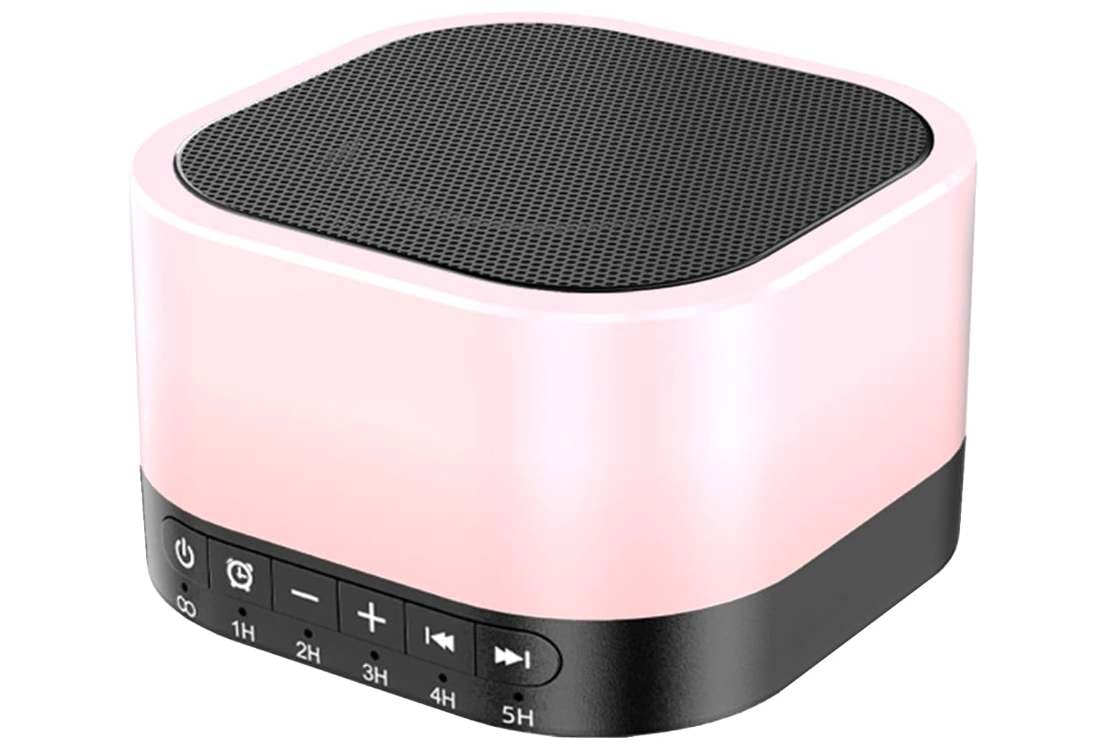 Author: Jenny FantMarch 10, 2023
Author: Jenny FantMarch 10, 2023 mbg Health ContributorBy Jenny Fantmbg Health ContributorJenny is a San Francisco-based mbg contributor, content designer, and climate & sustainability communications specialist. She is a graduate of the University of California Santa Barbara. An avid open-water swimmer, Jenny has worked for healthy living and nutrition brands like Sun Basket, Gather Around Nutrition, and Territory Foods.Image by mixetto / iStockMarch 10, 2023
mbg Health ContributorBy Jenny Fantmbg Health ContributorJenny is a San Francisco-based mbg contributor, content designer, and climate & sustainability communications specialist. She is a graduate of the University of California Santa Barbara. An avid open-water swimmer, Jenny has worked for healthy living and nutrition brands like Sun Basket, Gather Around Nutrition, and Territory Foods.Image by mixetto / iStockMarch 10, 2023The Mediterranean diet continues to be one of the most well-studied, highly recommended eating patterns for long-term health. It has been shown to ward off inflammation and disease, provide a structure for balanced nutrition, and contribute to the longevity of people around the globe.
Now, science is looking into how it might help us sleep—specifically, how it might help us up our melatonin intake.
Advertisement
This ad is displayed using third party content and we do not control its accessibility features.The Mediterranean diet does it again.
The authors of a new systematic review1 published in the National Library of Medicine sought to take a closer look at the relationship between the Mediterranean diet and melatonin production.
While you might recognize melatonin as a popular sleep supplement, it's actually a hormone the body makes on its own with the help of environmental cues like darkness. When you have a peak in melatonin, it makes it easier to fall asleep.
Our bodies' natural melatonin levels should fall in the morning and rise at night, but with the introduction of artificial light and a decrease in time spent outdoors, our melatonin-producing signals have gotten all out of whack.
The researchers noted that while a lot has been published about the effect of supplemental melatonin on sleep, the specific melatonin-related effects of diets and certain foods have not been looked at as closely.
They found that some of the staples of the Mediterranean diet—tomato, nuts, and olive oil—can all contain high levels of melatonin depending on how they are produced.
There is a chance this makes the diet more supportive of sleep, though more research needs to be done in this area.
Scientists agree that while supplemental melatonin can be helpful in supporting sleep every once in a while (like when adapting to a new time zone), it may not be safe to take on a regular basis. This is because it could disrupt your body's natural melatonin production, lead to dependence, or disrupt your overall hormonal balance.
Instead, they recommend talking to your doctor and implementing lifestyle changes, like light exposure and diet, before turning to over-the-counter sleep aids.
Improving your sleep hygiene requires several steps, but eating more delicious foods, and melatonin-rich ingredients is likely low-hanging fruit.
4 ways to get your daily dose of melatonin.
- Get natural light first thing in the morning. This will tell your body "It's morning time!" and set your hormones up for success so that when it's time for bed, your body will be producing plenty of melatonin on its own.
- Consider non-melatonin sleep aids.While experts don't recommend melatonin nightly, there are plenty of other nonhormonal supplements, like magnesium, an essential mineral, that could be both beneficial and safe and won't disrupt your natural production of melatonin.
- Embrace a Mediterranean diet-based way of eating. This can support overall health, longevity, and disease prevention, and now, it looks like there's a chance it helps with sleep too. Here's a guide to the eating pattern to get you started.
- Set your alarm for the same time every day. Yes, even on weekends! If you can try to wake up and fall asleep at roughly the same time every day, your body is more likely to produce sleep-regulating hormones at the appropriate times.
Advertisement
This ad is displayed using third party content and we do not control its accessibility features.The takeaway.
A new systematic review finds that some foods that are popular in the Mediterranean eating pattern are high in melatonin, which supports sleep. This could be yet another reason that the eating pattern is associated with longevity. And it's a great reminder that the food you eat has more of an impact on sleep than you might think.
Advertisement
This ad is displayed using third party content and we do not control its accessibility features. Jenny Fantmbg Health Contributor
Jenny Fantmbg Health ContributorJenny is a San Francisco-based mbg health contributor, content designer, and climate & sustainability communications specialist. She is a graduate of the University of California Santa Barbara. An avid open-water swimmer, Jenny has worked for healthy living and nutrition brands like Sun Basket, Gather Around Nutrition, and Territory Foods.











